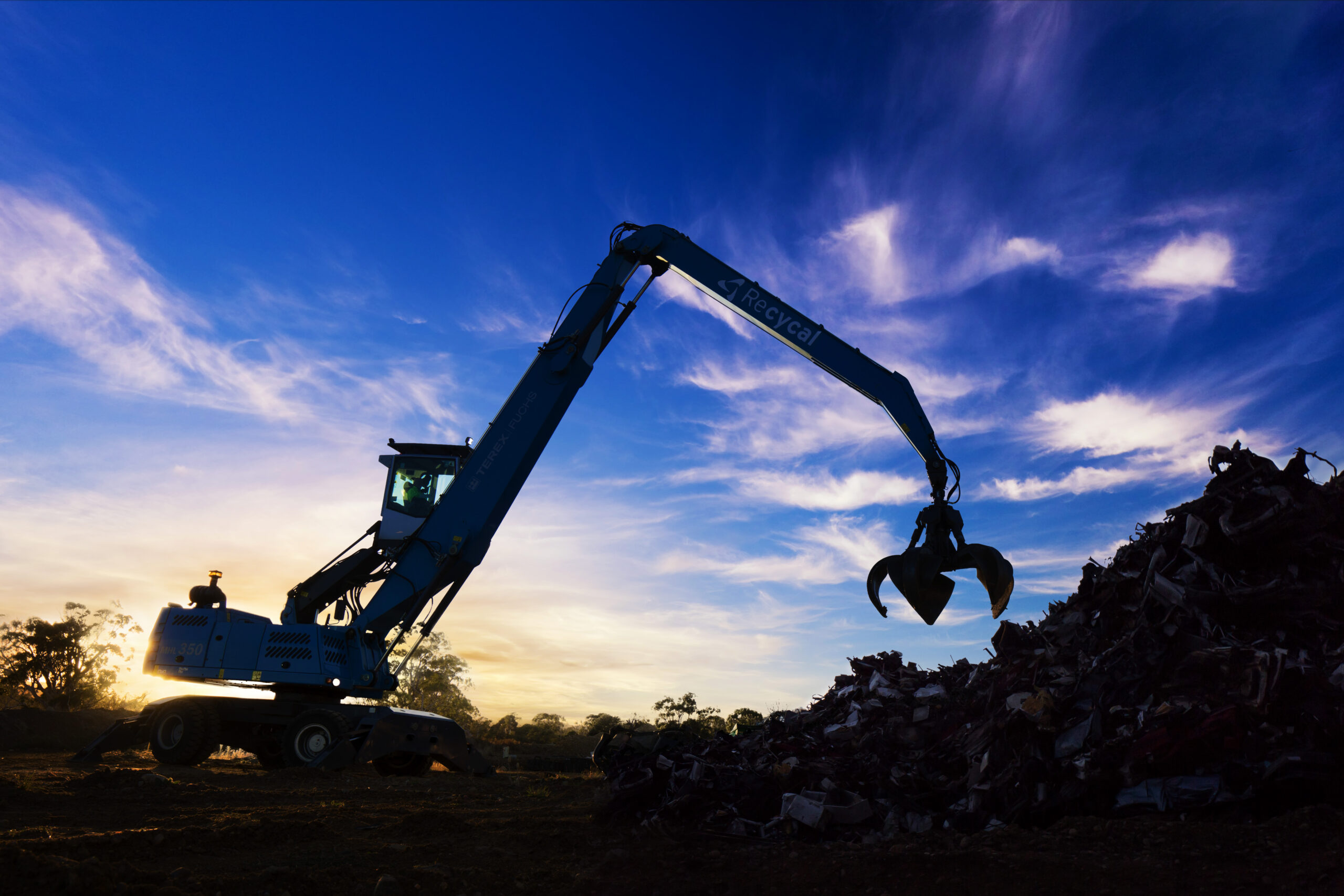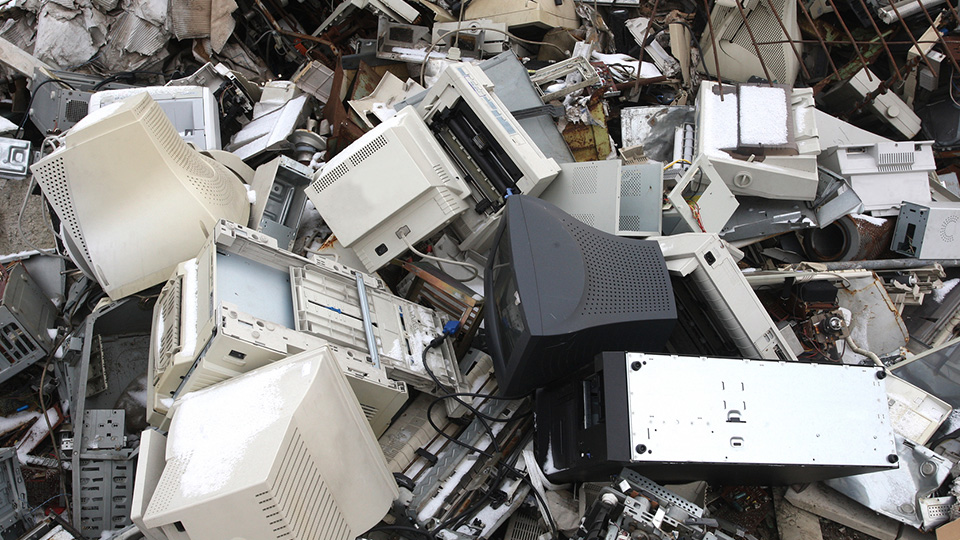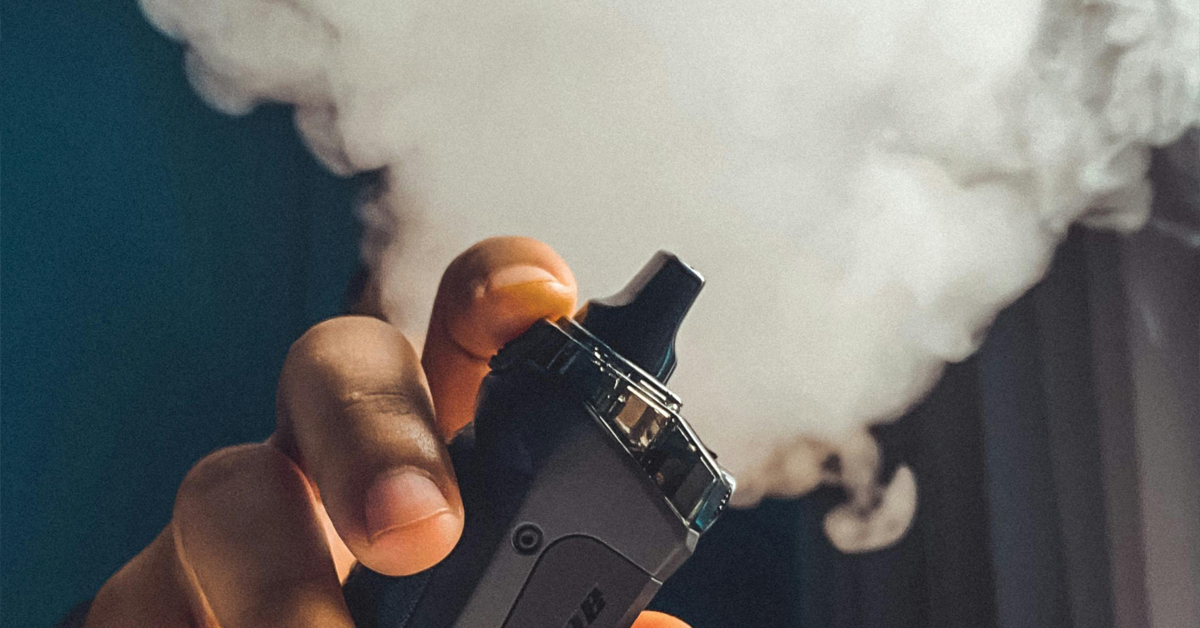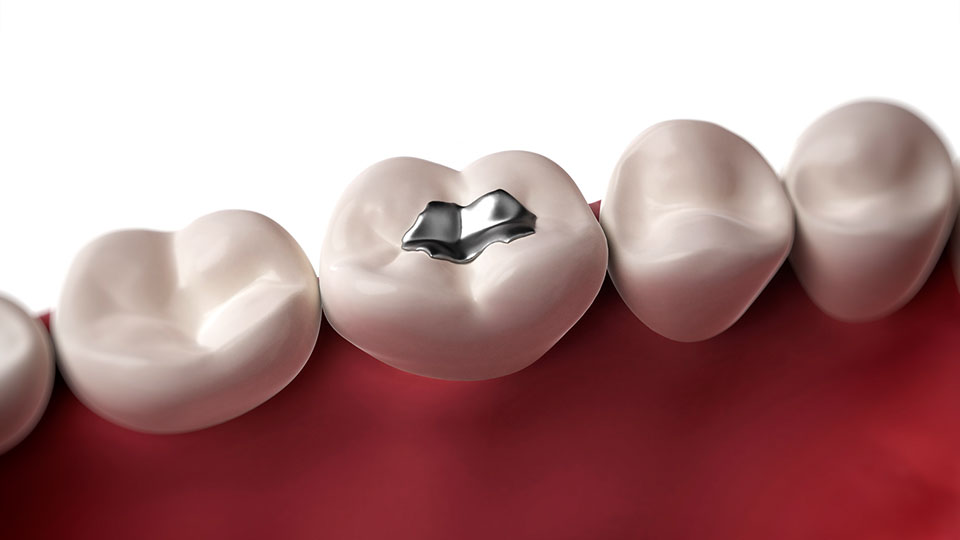LED light bulbs can be recycled just like other lighting waste however, these energy-efficient bulbs have to be discarded correctly to reap the benefits.
While LED, or light-emitting diode, bulbs are made of non-renewable materials like glass and aluminium, these resources can be recovered through recycling and then reused in new products.
LED lighting can be disposed of in the rubbish bin, but it’s better for the environment to check with your council if LED lamps can be recycled and where to drop them off.
If your council doesn’t accept LED lighting, you can also check the RecyclingNearYou website to see if there are other recycling options available in your area.
Whatever you do, don’t place LED bulbs or any other lighting in the household recycling bin as this will contaminate your recycling.
Additionally, if the bulb is broken, wrap it up and place it in your general waste bin.
The rise of LEDs
LED bulbs have become a popular choice in households and workplaces because they have a longer lifespan and consume less energy than regular incandescent lights.
As a result, the LED lighting market has taken off, with the sector set to grow by 12.6% annually between 2017 and 2023, according to P&S Market Research.
A booming LED lighting sector has significant advantages for the environment, as higher take-up of these energy-efficient bulbs reduces our lighting-related electricity consumption.
Their long lifespan is the other environmental advantage, with fewer replacements needed over time.
The flow-on effect is fewer non-renewable resources will be needed to make new bulbs.
How lighting recycling is changing
LED lighting is part of a broader recycling movement to save old lighting for reuse, including fluorescent tubes, halogen lamps and compact fluorescent lamps (CFLs).
Yet, millions of light bulbs continue to end up in landfill every year despite the advantages of recycling them.
These benefits include keeping harmful materials such as mercury, lead, copper and nickel, out of the environment.
Various materials can also be recovered from recycled lighting, helping to minimise our need for further mineral mining and processing.
Start recycling
While the local government programs mentioned above will service households and small businesses, they generally don’t cater to medium-sized and larger organisations.
Recycling lighting can be really easy though, thanks to companies like Ecocycle.
We can provide prepaid collection boxes that are ideal for medium-sized businesses and pick them up once they are full.
For larger organisations, we can provide a range of collection bins and tailor a recycling program to meet your lighting waste requirements.
To learn more about our lighting recycling options, give us a call on 1300 32 62 92 or fill out the form below.






